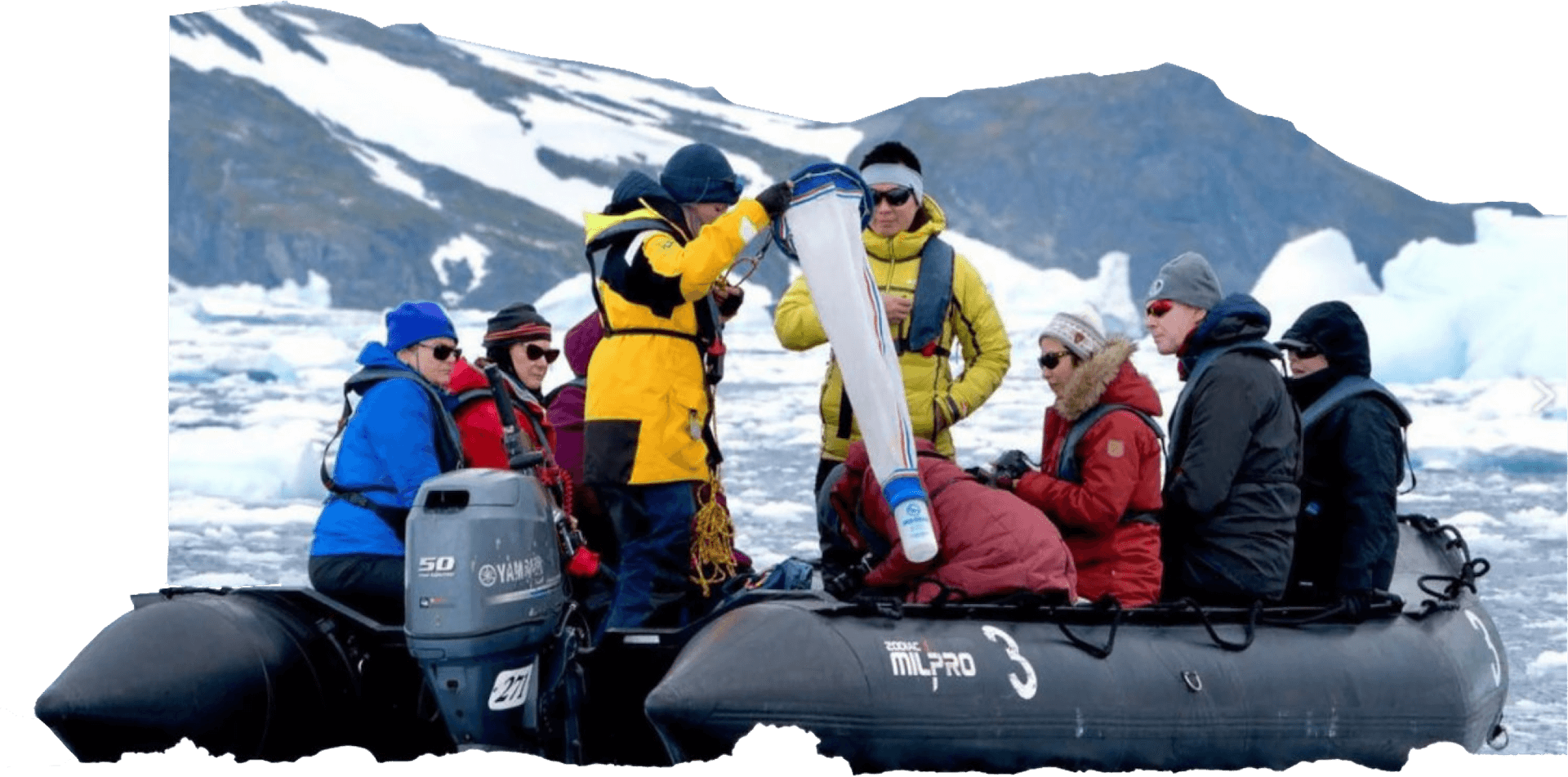Future in Action
Inclusive, digital transformation
Digitalization has been called the ‘transformative opportunity of our time’ with 70% of the 169 SDG targets directly benefiting from its application. However, 2.6 billion people, mostly in low-income countries, remained offline in 2023, while technologies such as artificial intelligence create risks of job losses and social harm.
UNDP works with governments, the private sector, NGOs, academia and development partners to create a world in which digital is an empowering force for people and planet.
Over 120 UNDP Country Offices are leveraging digital innovation to amplify the impact of their country programmes. We also championed whole-of-society digital transformation in 50 countries, including 15 Least Developed Countries (LDCs) and 15 Small Island Developing States (SIDS). This includes deploying digital readiness assessments, building national digital strategies and policies, supporting digital public infrastructure (DPI), and strengthening local digital ecosystems.
Following UNDP’s support for its Digital Readiness Assessment and development of a national Digital Strategy, Trinidad and Tobago’s government committed $8.2 million towards national digital transformation.
Serving as a knowledge partner on DPI during India’s G20 Presidency in 2023, UNDP helped to steer global leadership on DPI adoption. The Secretary-General’s High Impact Initiative on DPI, which UNDP leads with the International Telecommunication Union (ITU), helped to mobilize $400 million in commitments towards advancing safe and inclusive DPI.
Digital ID is one of the foundational layers of DPI, which accelerates access to essential services and economic opportunities. In Malawi, 618,000 birth registrations were captured digitally, with over 95% of children receiving their birth certificates. These certificates will enable them to obtain their national ID at 16, a precondition for political participation and financial inclusion.
Digital X
Digital X is UNDP’s Partnerships for Scale Programme, connecting governments and countries with vetted, ready-to-scale digital solutions, with a current catalogue of 110+ solutions. More than 390 million people across 190+ countries have been supported through solutions selected for the catalogue.
In 2023, the programme enabled schoolgirls in China to participate in learning bootcamps to increase their digital STEM skills. In Mexico, it facilitated a collaboration that helped indigenous female artisans gain access to a secure e-commerce platform, allowing them to sell their handicrafts at a fair price.
Accelerator Labs Network
The UNDP Accelerator Labs is a fast and large learning network on sustainable development challenges. Operating at scale throughout the world, the network has attracted a diverse range of partnerships, while facilitating insights, data and grassroots solutions for action-based learning on what it takes to reach the SDGs.
Active in 115 countries
6,000+ development solutions sourced
1500+ partnerships
Citizen science is the collection and analysis of data relating to the natural world by members of the general public in collaboration with professional scientists. UNDP in Argentina, powered by its Accelerator Lab, and partnering with the government, mapped 55 citizen science solutions to help close the climate data gap. As of 2023, more than 15,000 Argentinian citizens are involved in citizen science related to 11 SDGs.
UNDP India’s Accelerator Lab and partners co-created the world’s first-of-its kind digital public good on climate resilient agriculture. The platform uses remote sensing and artificial intelligence to identify farms that are vulnerable to climate change and those that have developed local solutions as a way to guide investments.

Unearthing planetary data
Climate action includes monitoring phytoplankton (microalgae) in the Antarctic Peninsula. Citizen scientists with minimal to no formal training work with a polar guide to take water samples, make environmental measurements, and record vital data. Powered by UNDP Argentina’s Accelerator Lab.

 English
English
